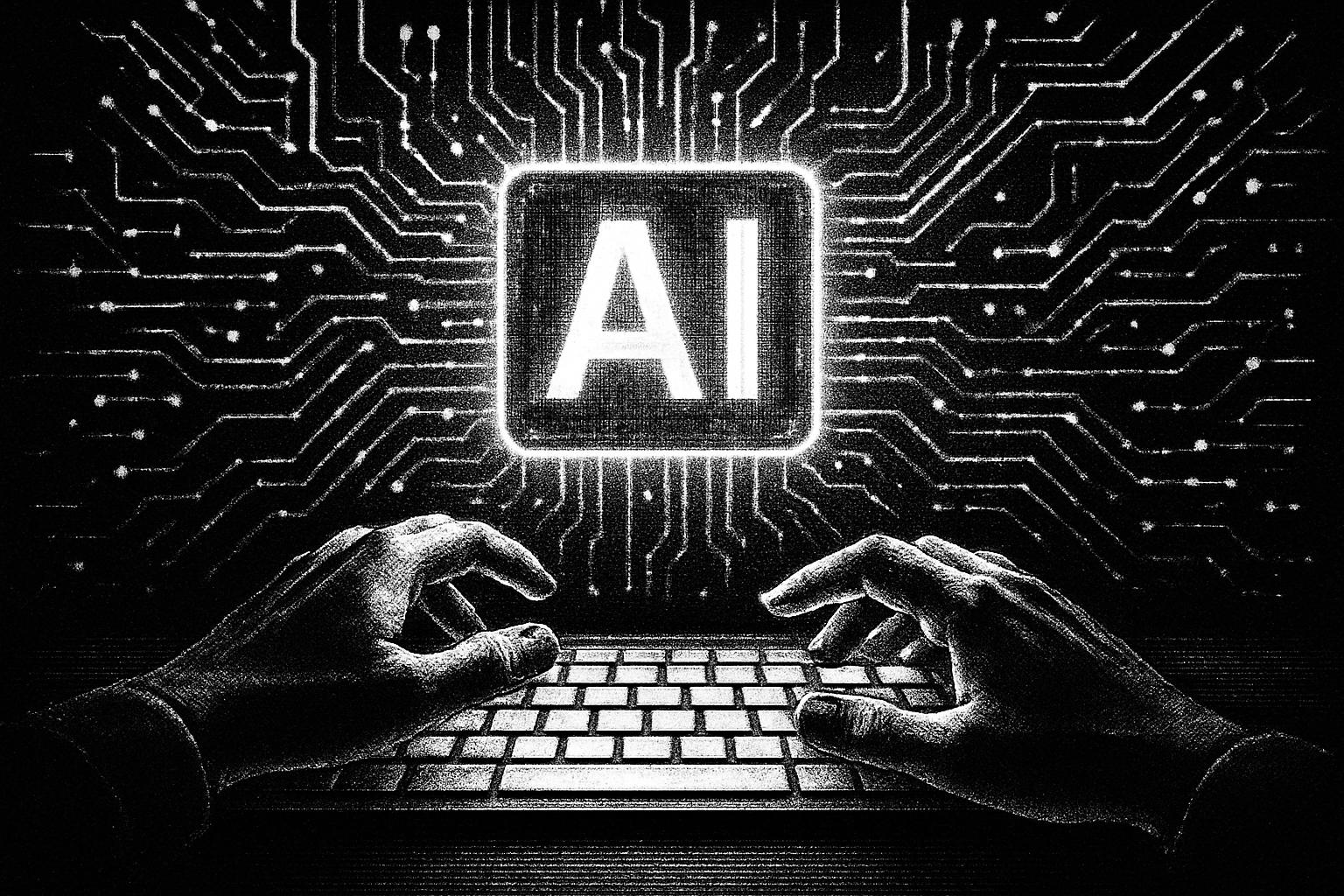Emerging AI agents are set to revolutionise technology landscapes in 2025, driving significant efficiencies and autonomy across multiple sectors. These autonomous AI systems can independently make decisions and carry out complex tasks, with applications forecast to range from healthcare to supply chain management. According to industry analysis, these AI agents have the potential to boost operational workflow efficiency by up to 40%, marking a transformative step in how businesses function. Major cloud service providers such as Google, Amazon, and Microsoft are intensifying investments to capitalise on this trend, aiming to monetise AI infrastructure that was previously heavily subsidised for developers. Enhanced integration of AI with IoT and blockchain technologies is expected to provide real-time business intelligence, fostering a new era of intelligent automation and analytics.
Building on this momentum, Microsoft has articulated a vision for a collaborative future among AI agents, emphasising the need for industry-wide standards to allow different AI systems to communicate and work together seamlessly. The company is actively supporting the Model Context Protocol (MCP), an open standard promoted by Anthropic and Google, which aims to create an 'agentic web' akin to the hypertext protocols that propelled the internet’s growth in the 1990s. Microsoft’s innovation extends to addressing the challenge of AI memory, developing methods like structured retrieval augmentation to enable AI agents to retain crucial user interaction information. This approach mimics human recall more efficiently, moving beyond current limitations where AI treats each interaction as a stand-alone event, thereby enhancing the utility and continuity of AI assistance.
The rapid progress of autonomous AI agents has caught the attention of leading AI executives, with figures like OpenAI’s CFO Sarah Friar predicting that 2025 will see significant advancements in agents tasked with everyday activities such as scheduling meetings and making purchases. Furthermore, the prospect of artificial general intelligence (AGI)—autonomous systems surpassing human performance in economically valuable tasks—appears increasingly attainable in the near term. Financial institutions and large corporations are already embedding AI into daily workflows, realising tangible productivity gains and cost reductions. As reported, this growing reliance on AI technologies strengthens the case for enhanced regulatory and ethical frameworks to address emerging concerns around data privacy, fairness, and societal impacts.
Simultaneously, quantum computing is advancing from theory to practical deployment, marking 2025 as a pivotal year. McKinsey’s recent quantum technology reports highlight breakthroughs led by industry giants such as Amazon, Google, IBM, and Microsoft, notably in error correction and qubit fidelity. Revenue generated by quantum computing companies is projected to exceed $1 billion next year, propelled in part by hardware adoption across private and defence sectors. Quantum technologies enable simulations beyond classical computing capabilities, facilitating innovations in drug discovery, financial modelling, and industrial automation. Venture capital influx into quantum startups remains robust, underpinning a market forecast to reach nearly $1.9 billion in 2025 with sustained double-digit growth over the following decade.
Several quantum startups are harnessing these advancements to tackle pressing sustainability challenges. Companies like Finland’s Algorithmiq and Brazil’s Qnity use quantum algorithms to accelerate drug discovery processes and improve molecular detection, respectively, heralding a new wave of personalised medicine and eco-friendly solutions. These developments align with a broader trend in technology innovation where green initiatives and sustainability are integral. From AI-optimised energy grids to decentralised renewable energy systems and bio-based materials, the focus on reducing carbon emissions while enhancing operational resilience is gaining ground, supported by regulatory demands and shifting consumer expectations.
Meanwhile, blockchain technology continues to evolve beyond its cryptocurrency roots, increasingly converging with AI and IoT to create secure, transparent, and decentralised data systems. This synergy is anticipated to strengthen smart manufacturing and supply chain operations, mitigating technological and geopolitical risks. However, experts caution about the growing complexity of cybersecurity threats, especially with the rise of quantum computing that could potentially compromise current encryption methods. Industry insiders advocate for AI-human partnerships in cybersecurity defenses and call for rigorous governance frameworks to safeguard sensitive data and uphold ethical standards.
The overarching theme for 2025 involves navigating the interplay of rapid innovation with the ethical, societal, and workforce challenges it brings. Talent shortages in AI, quantum, and green tech sectors underline the importance of upskilling and education. Industry thought leaders stress the need to balance technology adoption with responsible governance to ensure benefits are widely shared without exacerbating inequalities. Success in this landscape will depend on how well organisations and policymakers integrate technological prowess with inclusivity and sustainability, aiming to harness innovation for the broader good.
📌 Reference Map:
- Paragraph 1 – [1], [2]
- Paragraph 2 – [3]
- Paragraph 3 – [2]
- Paragraph 4 – [1], [4], [5], [7]
- Paragraph 5 – [6], [1]
- Paragraph 6 – [1]
- Paragraph 7 – [1]
Source: Noah Wire Services
